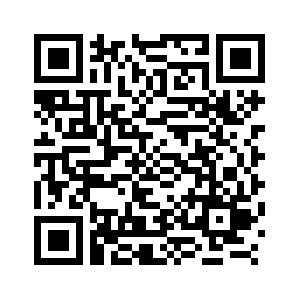BEIJING, June 9 (Xinhua) -- Taikonauts of the Shenzhou-14 crew will carry out 24 in-orbit medical experiments during their six-month stay in China's space station, according to the China Manned Space Agency on Thursday.
These space medical experiments are mainly designed to study how the weightless environment and spaceflights affect taikonauts, said Li Yinghui, deputy chief designer of China's manned space program taikonaut system.
Compared with previous crewed missions, the Shenzhou-14 will collect body fluid samples, including taikonauts' blood, urine, and saliva. The trio will also use non-invasive optical methods to measure muscle loss and analyze urine metabolites.
Li also noted that the body data collected by the previous Shenzhou-12 and Shenzhou-13 taikonauts has laid a good foundation for subsequent research by the Shenzhou-14 crew.
China on June 5 launched the three-person Shenzhou-14 mission, which is the third crew for the country's space station project. The taikonaut trio will cooperate with the ground team to complete the assembly and construction of the Tiangong space station. They will also work in its experiment cabinets for scientific exploration of life, ecology, and biotechnology. ■



